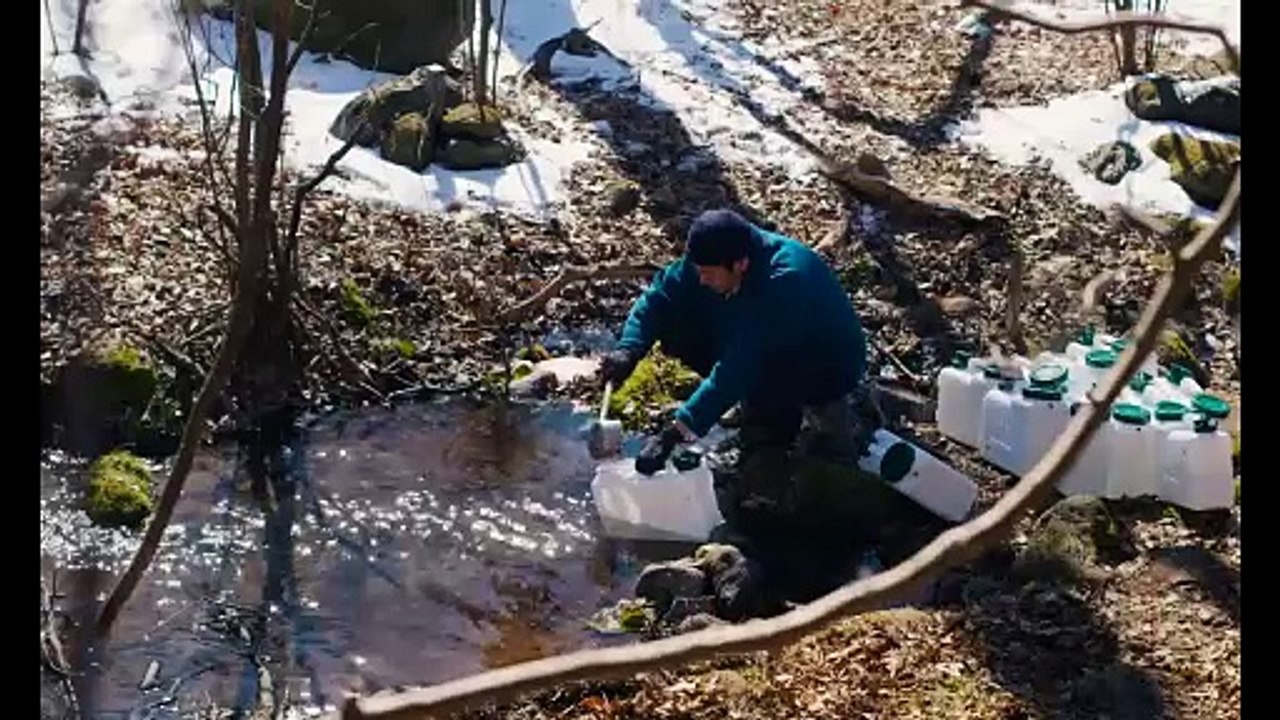Caffeine. If I didn’t know who Ryusuke Hamaguchi was, I would immediately start rolling my eyes as his very deliberate beginning to another one of his films. But the guy that turned a 3 hour meandering actionless car ride into one of the best movies of that year, I rode out the lethargy, and again, was glad I did. Evil Does Not Exist is almost half as long, but Hamaguchi’s turtle will slowly take over the movie race you’re on, and cross the finish line in first place over most kinetic, speedy rabbit fare.
The first 30ish minutes take us through Takumi’s (Hitoshi Omika) day. He lives quietly, but happily, in Mizubuki, a rural province in Japan, raising his daughter Hana (Ryo Nishikawa) alone but with the help of the community around him. Things are about to change for Mizubuki: two talent agents Takahashi (Ryuji Kosaka) and Mayuzumi (Ayaka Shibutani) repping a glamping company, come to a community meeting, pitching what they’re about to do with part of the land there as a new tourist attraction, hoping the townsfolk with overlook the issues with the setup in favor of the money that will be coming in.
Hamaguchi’s slow, sedative beginning snaps into place at that community meeting. I certainly was more than a little bored waiting for the plot to kick in, but my boredom was Takumi’s purpose driven-life, that’s far away from any of Japan’s urban centers. At that meeting, Ryusuke makes it clear that Takumi’s little activities have earned him great respect in his town, maybe even moreso than the town leader. While some of the townspeople start to get agitated and hostile towards the ill-prepared entitled outsiders, Takumi starts speaking, and everyone just turns toward him as if he’s speaking one of Moses’s 10 commandments. He’s the ideal authority figure: listen first, speak 2nd, so much so that even the smarmy representatives change their tone and tenor around him, including taking his collective complaints to the upper management. It’s a nice reminder to the audience that physical slowness and simplicity does not mean the same to a person’s intellect, and it’s important to understand your audience before you try to sell them anything, as trust is key to any sort of transaction.
Also underwriting Takumi’s messaging: the importance of the environment to a community. Straight out of Hayao Miyazaki’s movie education program, Ryusuke Hamaguchi takes all those great Ghibli lessons and applies them to his tale here. The themes are most potent through Takahasi and Mayuzumi’s eyes: they’re so deep into profit-driven city livin that they forgot about these simple principles that can really help bring purpose and joy into ones life. Watching them try to immerse themselves into the Mizubuki lifestyle would make Miyazaki smile: finding harmony and balance with the land instead of trying to suck the resources out of it brings new perspective for these two. But since we’re not in an anime, Hamaguchi also points out just how out of their element these two are, only getting worse as the two go deeper and deeper into the woods they are not familiar with. By film’s end, I would agree, no, evil does not exist…but nature, and humanity does, and both can do really evil things if they’re forced to do so.
So if you’re considering moving to a rural place, maybe keep your mouth shut until you know what life is like there? And certainly keep your glamping business proposals on the shelves Japan. In places that remote, the townspeople all probably have Netflix and saw their Fyre Festival doc. Poor planning on your part.

